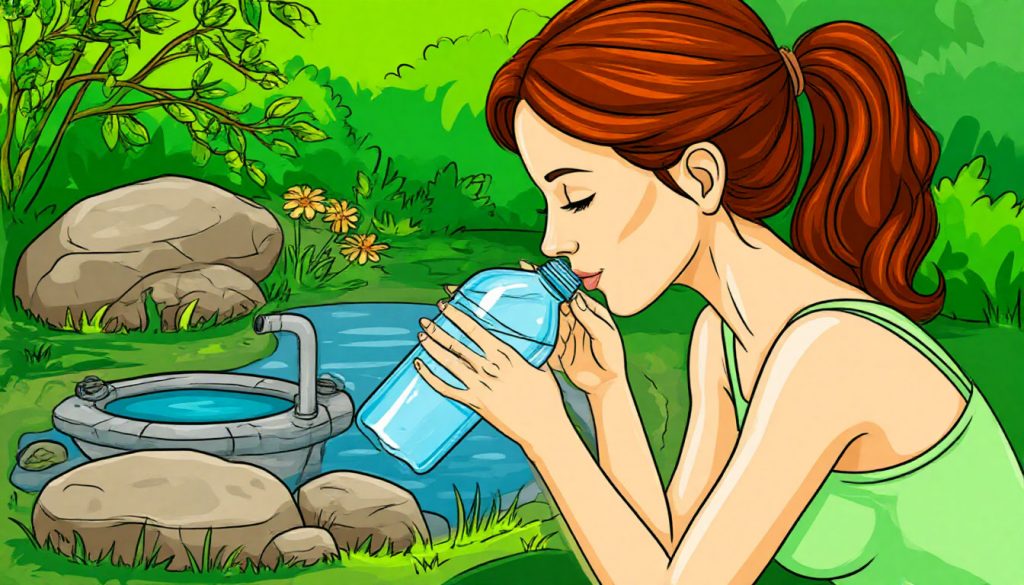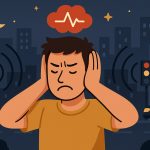Water is essential for every function in the human body — from regulating temperature to aiding digestion. However, not only how much water you drink, but also how you drink it matters for your overall health.
1. Water and Body Functions
Water makes up about 60% of the human body. It helps transport nutrients, remove waste, lubricate joints, and keep cells functioning. Without enough fluid, even mild dehydration can lead to fatigue, headaches, and decreased concentration.
2. Risks of Drinking Water Incorrectly
Drinking too much water in a short period can cause overhydration or water intoxication, which dilutes sodium levels in the blood (hyponatremia). This can lead to nausea, confusion, and in severe cases, life-threatening complications. On the other hand, not drinking enough water over time causes chronic dehydration, affecting kidney health, skin condition, and metabolism.
3. Best Practices for Healthy Hydration
- Sip gradually instead of drinking large amounts at once.
- Aim for small, regular intakes throughout the day.
- Adjust your water needs according to activity level, climate, and health condition.
- Pair water intake with a balanced diet to maintain proper electrolyte levels.
- Start your day with a glass of water to activate your metabolism.
4. Factors Affecting Individual Water Needs
Age, weight, physical activity, and environmental temperature all influence how much water your body requires. Athletes and people living in hot climates may need significantly more fluids.
5. Signs You’re Drinking Correctly
- Rarely feeling thirsty
- Pale yellow urine color
- Steady energy levels throughout the day
- Good digestion and healthy skin
Conclusion
Drinking water correctly supports energy, cognitive function, and long-term health. By understanding your body’s needs and avoiding extremes, you can maintain optimal hydration and prevent health problems.
Glossary
- Dehydration – A state in which the body loses more fluids than it takes in.
- Overhydration – Excessive water intake leading to electrolyte imbalance.
- Hyponatremia – Dangerously low sodium levels in the blood.
- Electrolytes – Minerals that help regulate fluid balance and muscle function.
- Metabolism – The body’s process of converting food and drink into energy.


